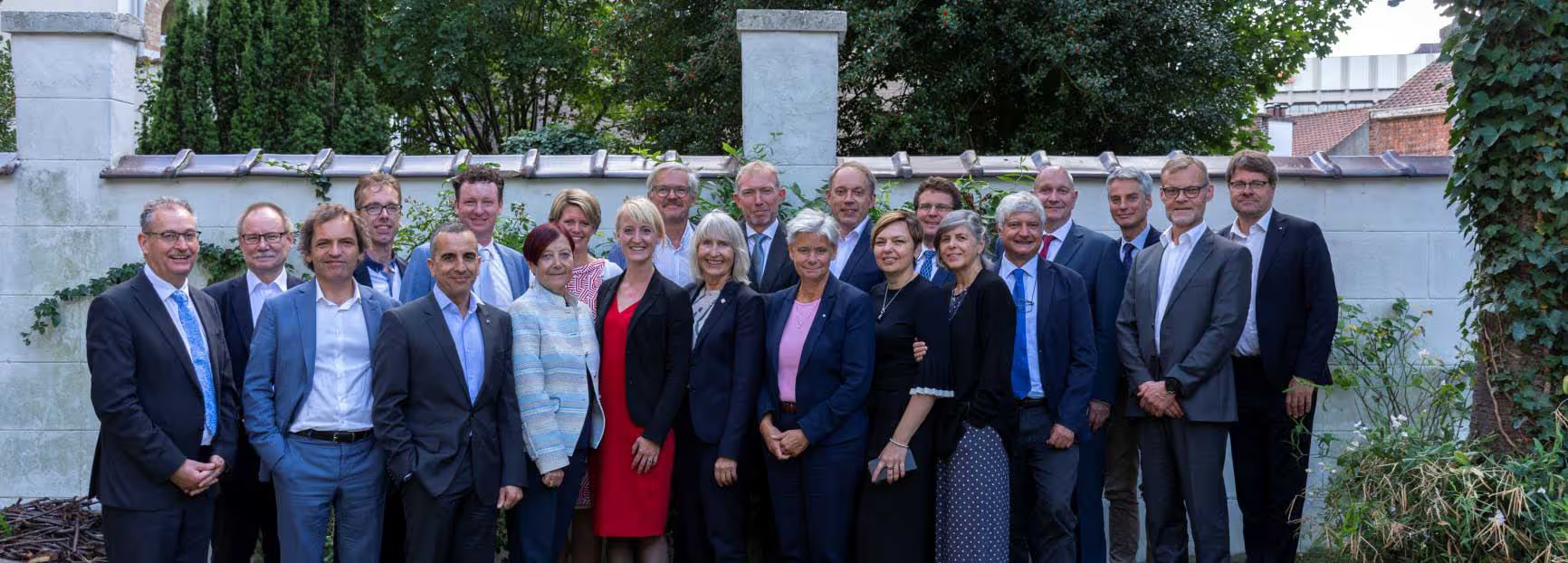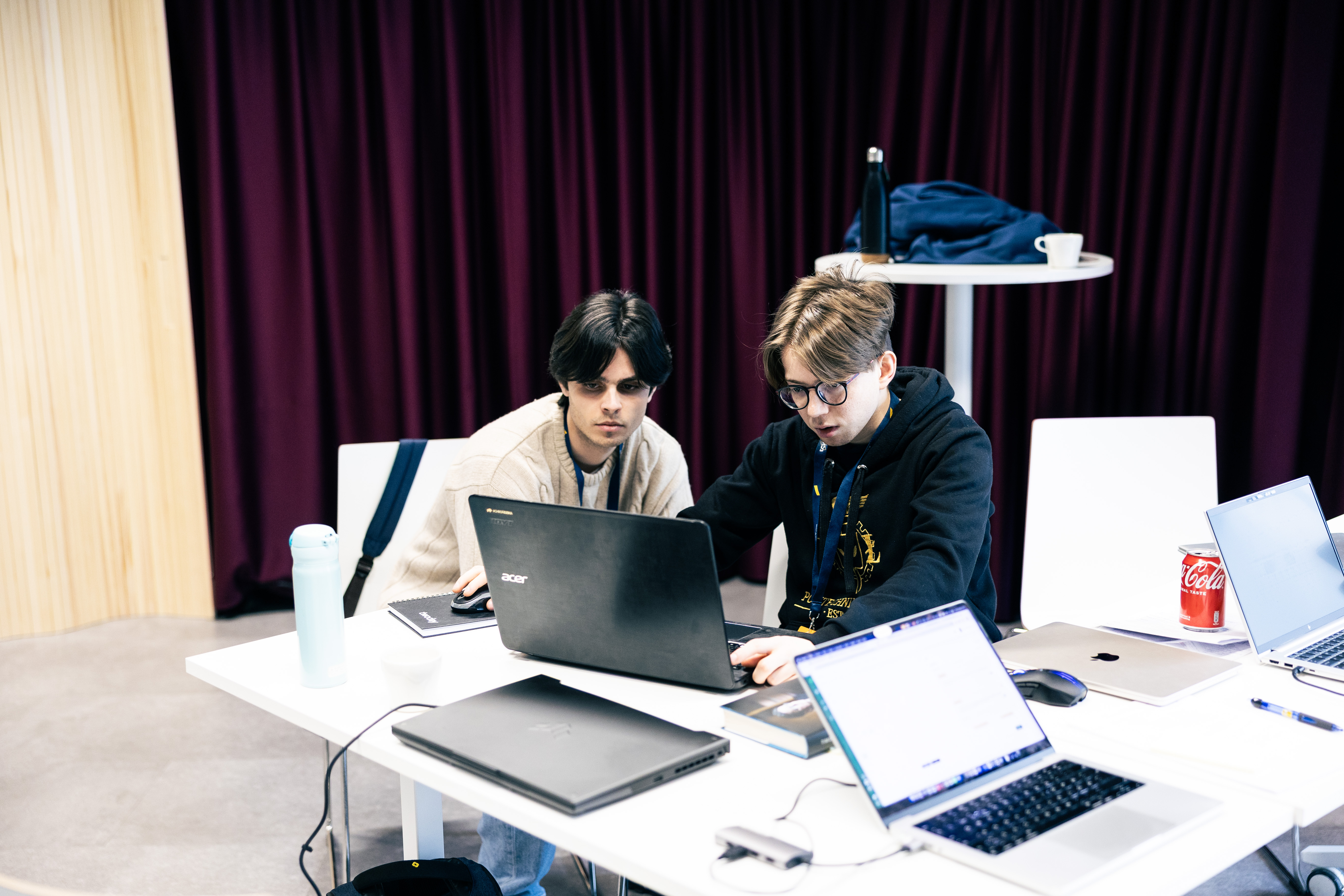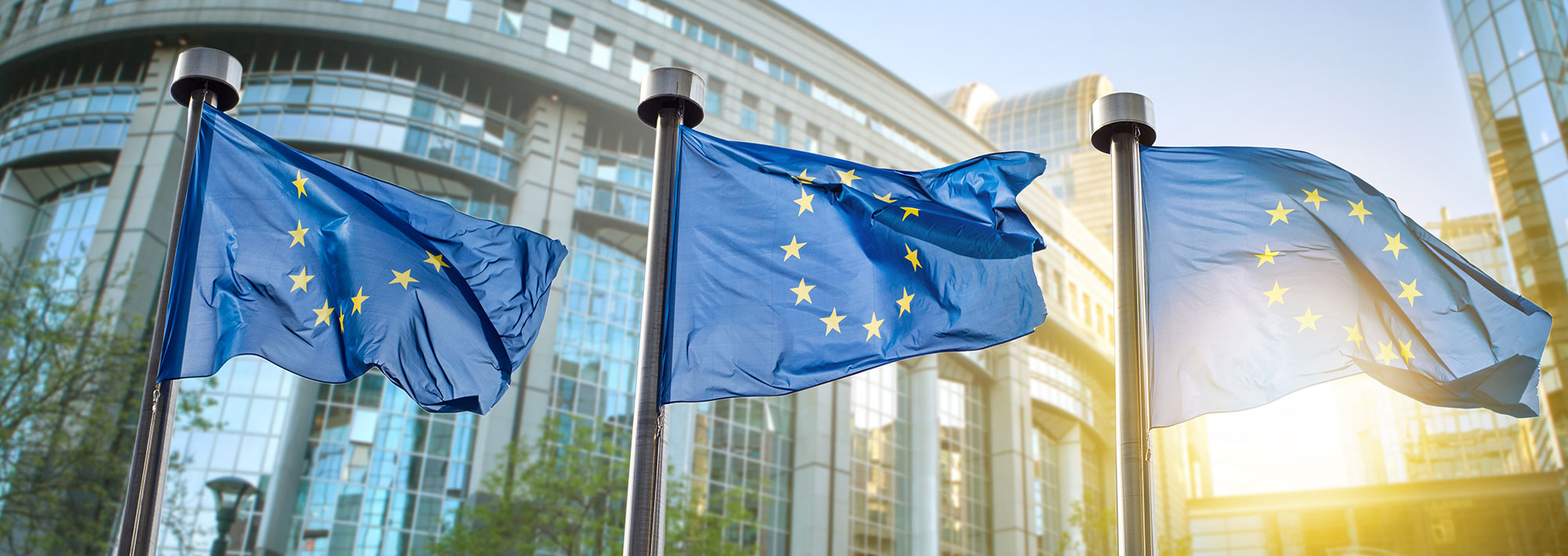ECIU sends new years greetings announcing the launch of the joint European university

As we head into the new year, ECIU(European Consortium of InnovativeUniversities) is proud to announce the launch of a new EuropeanUniversity in 2019. The pilot call of theDG Education, Sports and Cultures(DG EAC) for European Universities perfectly corresponds to the long-term strategy of ECIU. Europe needs universities that dare to revolutionize and continuously innovate education, thus maximizing their societal impact with a significant influence on regional development.Victor van der Chijs (University of Twente), President of ECIU says:‘Innovative frontrunners like the ECIU member universities simply can’t sit back and relax. We are not afraid of taking risks and truly innovateEurope’s educational landscape’.ECIU appreciates that the DG EAC included the feedback of ECIU to this new initiative and is convinced that hey, as a cross-European alliance of like-minded universities, are well-equipped to apply for this call.
“Europe needs universities that dare to revolutionize and continuously innovate education”
CO-CREATION
The initial ideas for developing the new European University were discussed at the ECIU Board meeting in Vilnius as early as April 2018. Close collaboration with society, public institutions and industry are in the DNA of all ECIU universities. Therefore, the plan for the new European University is co-created with industry, public organisations, society, academics, future and current students. In a unique event that took place in Brussels on 6 November 2018, student of the ECIU universities challenged conventional thinking and discussed the role of universities in 2040. They agreed that in 2040, there will still exist a physical university with lecturers. However, future-fit universities will be agile institutions offering tailor-made and curiosity- driven education. They extrapolated that the focus will be on soft skills and obtaining competences to solve challenges with societal relevance. For the future, the participating students underlined that students need to be included in the process of establishing the new university and in an open governance structure.
"...future-fit universities will be agile institutions offering tailor- made and curiosity- driven education."
THE ECIU
The European Consortium of Innovative Universities (ECIU) has been a close-knit network of likeminded and forward- thinking universities for over 20 years. The ECIU network has 12 European members and one associate member in Mexico. All members share the same profile of being key players in the regional innovation system and have a shared commitment to the development of high quality educational practices which promote innovation and the pursuit of excellence in teaching and learning. ECIU shares many experiences and a joint vision for the future of European Universities. This ECIU vision translates into intensive collaboration and mobility through joint curricula for students as well as mobility programmes for researchers and staff. However, true educational innovation goes beyond mobility. ECIU has set a priority on innovating education and maximizing the impact that universities have on the society.
Members of the ECIU are: Aalborg University, Denmark. Universidade de Aveiro, Portugal. Universitat Autònoma de Barcelona, Spain. Dublin City University, Ireland. Hamburg University of Technology, Germany. Linköping University, Sweden. Kaunas University of Technology, Lithuania. University of Nottingham, UK. University of Stavanger, Norway. University of Trento, Italy. Tampere University, Finland. University of Twente, the Netherlands. Tecnológico de Monterrey, Mexico.

ECIU is the leading international consortium of research intensive universities, with collective emphasis on innovation, creativity and societal impact, driving the development of a knowledge-based economy.



